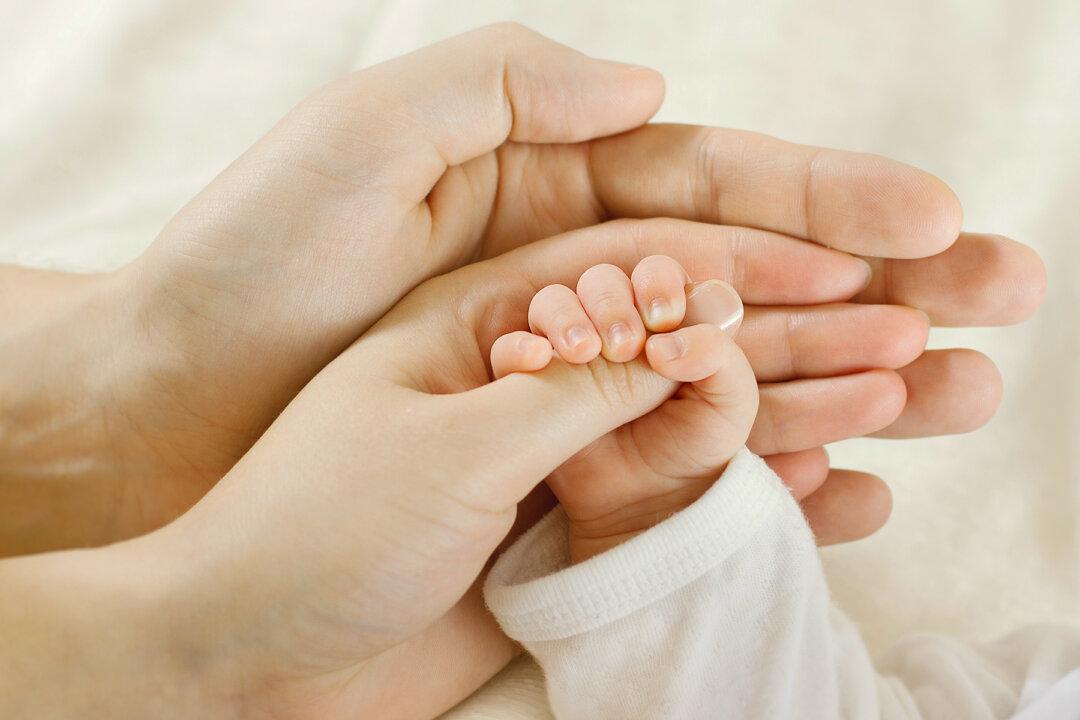The Albanese government has committed $174.5 million (US$115 million) to provide pregnant mothers and newborns across Australia with free vaccines against respiratory syncytial virus (RSV) before the next winter season.
This investment will make the RSV vaccine Abrysvo, typically costing families $300, free for pregnant women under the National Immunisation Program (NIP). Additionally, young babies will receive Beyfortus, a monoclonal antibody treatment previously accessible only to high-risk infants in select states.





